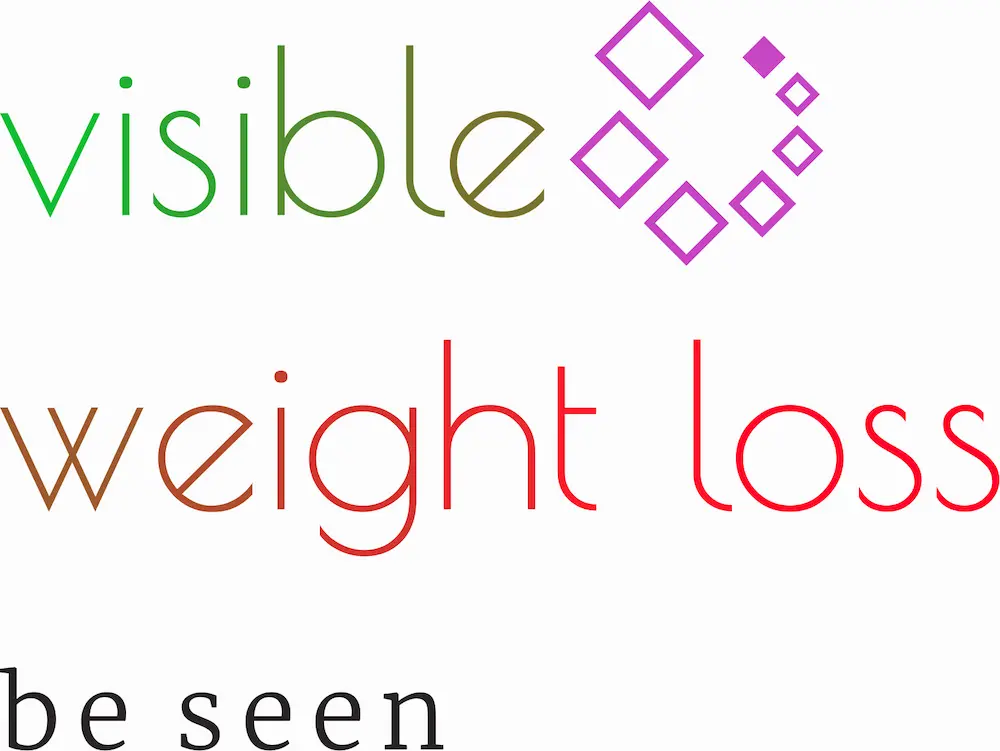The health of our gut plays a crucial role in our overall well-being. At the core of gut health lies the delicate balance of the gut microbiota, a complex ecosystem of microorganisms that reside in our digestive system. When this balance is disrupted, inflammation can occur, leading to a range of health issues. In this article, we will explore the relationship between inflammation and gut health, and discuss strategies to promote a healthy gut and reduce inflammation.
The Gut Microbiota and Inflammation
The gut microbiota consists of trillions of bacteria, viruses, and fungi that coexist symbiotically with our bodies. These microorganisms play a vital role in various physiological functions, such as digestion, immune system regulation, and nutrient absorption. When the diversity and balance of the gut microbiota are compromised, inflammation can arise.
Research has shown that an imbalance in the gut microbiota, known as dysbiosis, can lead to chronic inflammation. This inflammation can contribute to the development of conditions such as inflammatory bowel disease (IBD), including Crohn’s disease and ulcerative colitis, as well as other health problems outside the gut.
Inflammatory Bowel Disease (IBD)
Inflammatory bowel disease is a group of chronic conditions characterized by inflammation in the digestive tract. Crohn’s disease and ulcerative colitis are the two main types of IBD. While the exact causes of IBD are still not fully understood, there is evidence to suggest that inflammation in the gut plays a significant role in its development.
Maintaining a healthy gut is crucial for individuals with IBD, as it can help manage symptoms and reduce inflammation. Strategies such as following a balanced diet, managing stress levels, and incorporating appropriate exercise can positively impact gut health and overall well-being.
Leaky Gut Syndrome
Leaky gut syndrome, also known as increased intestinal permeability, is a condition in which the lining of the intestines becomes more porous, allowing harmful substances such as toxins, bacteria, and undigested food particles to leak into the bloodstream. This leakage triggers an immune response and promotes inflammation.
The relationship between inflammation and leaky gut is bidirectional. Chronic inflammation can contribute to the development of leaky gut, and increased intestinal permeability can further perpetuate inflammation. To support gut health and reduce inflammation, it is essential to adopt strategies such as avoiding inflammatory foods, consuming gut-friendly nutrients, and maintaining a healthy lifestyle.
Diet and Inflammation
The foods we eat can have a significant impact on inflammation and gut health. Some foods, such as processed and fried foods, sugary snacks, and excessive alcohol consumption, promote inflammation in the body. On the other hand, a diet rich in anti-inflammatory foods can help reduce inflammation and support gut health.
Incorporating foods like fatty fish, leafy greens, berries, nuts, and seeds into your diet can provide essential nutrients and antioxidants that combat inflammation. It is important to focus on a balanced diet that includes a variety of whole foods to nourish the gut and maintain overall health.
Lifestyle Factors and Gut Health
In addition to diet, certain lifestyle factors can influence gut health and inflammation. Chronic stress, for example, can disrupt the balance of the gut microbiota and trigger inflammation. Engaging in stress-reducing activities such as meditation, yoga, or spending time in nature can positively impact both gut health and overall well-being.
Regular exercise has also been shown to support gut health by increasing microbial diversity and reducing inflammation. Aim for a combination of cardiovascular exercises, strength training, and flexibility exercises to promote a healthy gut and overall fitness.
Another crucial aspect of gut health is sleep. Poor sleep quality and inadequate sleep duration have been linked to increased inflammation. Prioritizing good sleep hygiene, such as maintaining a consistent sleep schedule and creating a relaxing bedtime routine, can improve gut health and reduce inflammation.
Probiotics and Gut Health
Probiotics are live microorganisms that, when consumed in adequate amounts, confer health benefits on the host. They can help restore and maintain the balance of the gut microbiota, support immune function, and reduce inflammation.
Incorporating probiotic-rich foods like yogurt, sauerkraut, kefir, and kimchi into your diet can provide a natural source of beneficial bacteria. Additionally, probiotic supplements are available, offering a convenient way to support gut health. When choosing probiotics, opt for products with strains that have been clinically studied and shown to provide specific benefits.
Natural Remedies for Inflammation and Gut Health
Apart from probiotics, several natural remedies can help reduce inflammation and promote gut health. Herbal remedies like turmeric, ginger, aloe vera, and licorice root have been used for centuries due to their anti-inflammatory properties. Integrating these herbs into your diet or using them as supplements can offer natural support for gut health.
Furthermore, certain supplements such as omega-3 fatty acids, glutamine, and quercetin have shown promise in reducing inflammation and supporting gut integrity. It’s important to consult with a healthcare professional before starting any supplements to ensure they are appropriate for your individual needs.
Adopting a holistic approach that combines natural remedies, dietary adjustments, lifestyle modifications, and stress management techniques can provide comprehensive support for gut health and help reduce inflammation.
The Gut-Brain Connection
The gut and brain are intricately connected through what is known as the gut-brain axis. The communication between these two systems is bidirectional, meaning the health of the gut can impact mental well-being, and vice versa.
Research has shown that imbalances in the gut microbiota and inflammation in the gut can contribute to mental health conditions such as anxiety and depression. Taking steps to improve gut health, such as reducing inflammation and promoting a diverse and balanced gut microbiota, can positively influence mental well-being.
Conclusion
Inflammation and gut health are closely intertwined. A healthy gut microbiota and reduced inflammation are essential for overall well-being. By understanding the impact of lifestyle, diet, and natural remedies on gut health, we can make informed choices to support our bodies and reduce the risk of chronic inflammation. Prioritizing a balanced diet, managing stress levels, incorporating probiotics and natural remedies, and recognizing the gut-brain connection can contribute to a healthier gut and improved overall health.
FAQs
Can inflammation in the gut lead to other health problems?
Yes, chronic inflammation in the gut can contribute to various health issues, including autoimmune conditions, metabolic disorders, and mental health disorders.
How can I improve my gut health naturally?
You can improve your gut health naturally by consuming a balanced diet rich in fiber and whole foods, managing stress levels, getting regular exercise, and incorporating probiotic-rich foods or supplements.
What are some signs of inflammation in the gut?
Signs of inflammation in the gut may include abdominal pain, bloating, diarrhea, constipation, and changes in bowel habits. However, it’s essential to consult with a healthcare professional for an accurate diagnosis.
Are there any specific foods that can help reduce inflammation?
Yes, several foods have anti-inflammatory properties, such as fatty fish (rich in omega-3 fatty acids), leafy greens, berries, nuts, seeds, turmeric, and ginger.
Can gut health affect weight management?
Yes, gut health can influence weight management. An imbalance in the gut microbiota and chronic inflammation can contribute to weight gain and difficulties in losing weight. A healthy gut promotes proper digestion and nutrient absorption, which can support weight management efforts.

